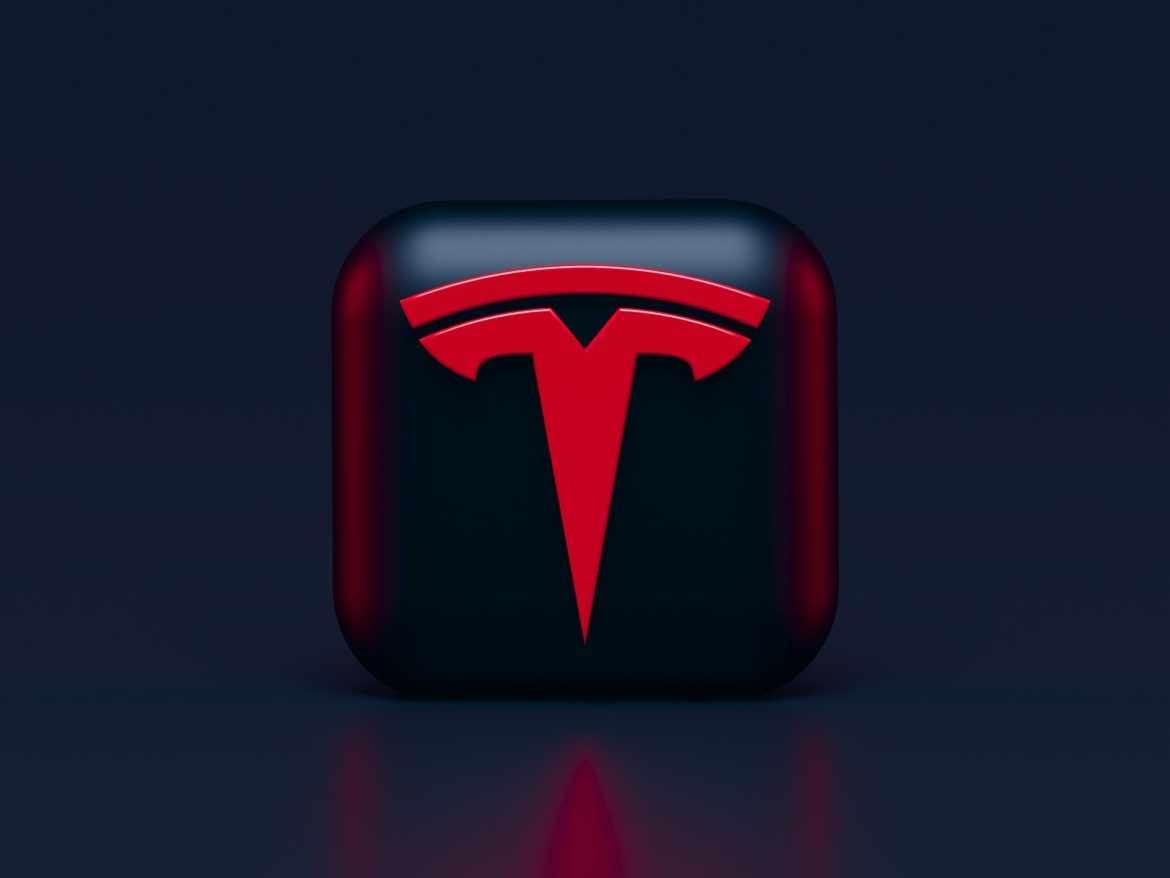Tesla is facing a significant downturn in the electric vehicle market in Germany, with new registrations of Tesla vehicles seeing a sharp decline. Although the entire sector is experiencing setbacks, Tesla appears to be hit particularly hard, raising questions about its current standing and future prospects.
In the first quarter of 2023, over 20,000 Teslas were registered in Germany, but by the same period in 2024, this number had dropped to just over 13,000. While Tesla still leads the pack in the electric-only vehicle category, it suffered a one-third reduction in new registrations. Competitors such as VW and Hyundai faced similar declines, with Audi’s numbers falling by a quarter. In contrast, Mercedes and Skoda managed to maintain their figures, and BMW nearly doubled its registration numbers.
Frank Schwope, an automotive expert, suggests that the general interest in electric vehicles is currently limited, regardless of whether they are manufactured by Tesla, VW, or Volvo. He attributes this slump to the expiration of a subsidy for electric vehicles at the end of 2023. On one hand, electric vehicles have become financially less appealing than just a few months ago. On the other, many potential buyers may have made their purchases last year when the subsidy was still available, leading to what Schwope refers to as “pull-forward sales.”
“All manufacturers are waiting for new models”
These effects impact all manufacturers, but while others have experienced a more or less significant decline in new registrations this spring, Tesla’s figures have plummeted. Tesla’s performance is so much worse compared to its rivals that it suggests a significant loss of significance. Whereas in the first quarter of 2023, one in every five newly registered electric vehicles was a Tesla (22%), that figure has now dropped to just under one in six (15%).
This dramatic downturn for Tesla raises concerns about its ability to compete effectively in a rapidly evolving market, especially as consumers await new models and technological innovations from across the automotive industry.



